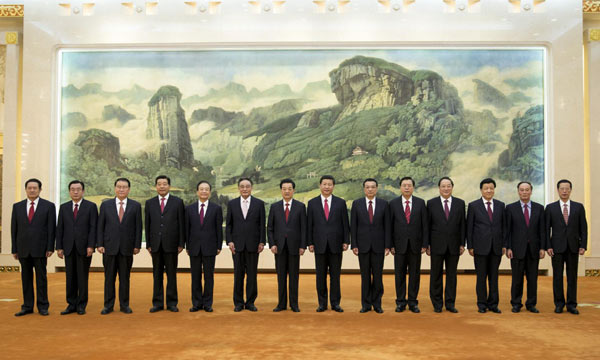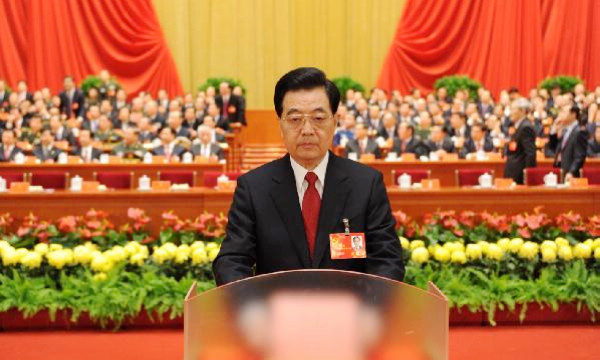Henan province vows to improve water quality
By An Baijie (China Daily)
Updated: 2012-11-14 07:43
An official in charge of water resources in Central China's Henan province vowed on Tuesday to improve water quality in the central route of the South-to-North Water Diversion Project.
Wang Shushan, director of Henan's department of water resources, said that the project's 731-km trenches will be finished by the end of next year, and water from Henan is scheduled to reach Beijing and Tianjin in 2014, traveling a total distance of 1,423 km.
The water diversion project is designed to take water from China's longest river, the Yangtze, to feed northern China's drought-prone areas, including Beijing.
Water will flow northward through eastern, central and western routes.
By April, the authorities had invested 141.7 billion yuan ($22.5 billion) in the project since 2002, according to a report by Xinhua News Agency.
As many as 58 percent of the main trenches of the central route are located in Henan, and 49 percent of the investment was in the province, Wang said on the sidelines of the 18th National Congress of the Communist Party of China.
In October, Vice-Minister of the National Development and Reform Commission Du Ying said that water quality in some tributaries served by the Danjiangkou Reservoir, the water source of the central route, had not met targeted levels.
He asked local authorities to speed up efforts to treat pollution and improve water quality. A total of 12 billion yuan will be invested to tackle water pollution in the central route.
With the money, the provincial government will establish more garbage processing plants and wastewater treatment facilities, said Wang, who is also a delegate to the Party congress.
To address pollution problems, the provincial water authorities had closed 801 polluting factories along the project's route by the end of October, resulting in the recovery of more than 2,170 sq km of eroded land, Wang said.
The government is also going to control the development of pig farms in six counties along the stream of the central route in a bid to prevent pollution, he said.
"Water quality has become the most important index for the assessment of provincial government officials' working abilities," he said. "We must ensure that the water we send to the capital is safe even though our economic growth might become slower."
anbaijie@chinadaily.com.cn
Related Stories
International culture festival brings diversity to Dalian 2012-10-18 14:46
China's water diversion project carries risks 2012-09-20 10:05
Hebei South-to-North Water Diversion program completes 11 tunneling projects 2012-09-07 09:31

Top News
A new generation of leaders
Xi's address to the media
World welcomes China's leadership change
Video







